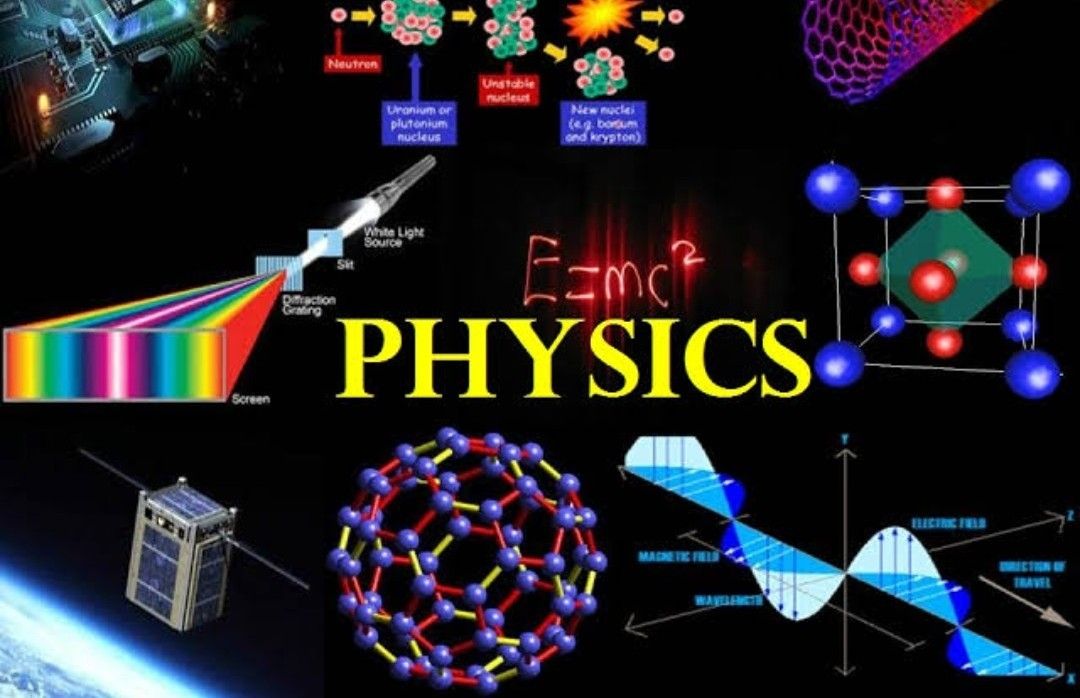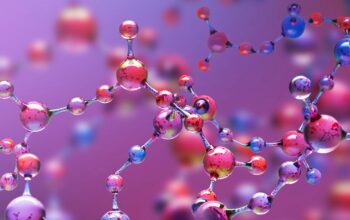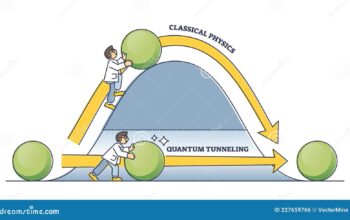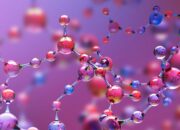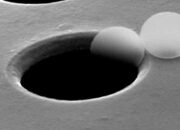The ongoing discourse surrounding the primacy of sciences often leads to the juxtaposition of physics and biology. Each of these disciplines embodies a distinct philosophical orientation and methodology, yet they intricately intertwine in the grand tapestry of scientific understanding. The debate as to which is more fundamental is not only an academic exercise but also a profound inquiry into the very nature of existence itself.
At its core, physics is often regarded as the most fundamental of sciences. This perception stems primarily from its foundational role in elucidating the fundamental laws governing the universe. Concepts such as force, energy, and the interactions of matter transcend specific phenomena, providing a universal framework that underpins all scientific disciplines. The principles derived from physics govern not only celestial mechanics and electromagnetism but also the atomic and subatomic interactions that form the basis of chemistry and, by extension, biology.
Physics seeks to unravel the mysteries of the cosmos through rigorous experimentation and mathematical modeling. Its methodologies, grounded in the scientific method, allow for quantifiable predictions about the behavior of natural phenomena. Take, for example, Newton’s laws of motion. These laws describe how bodies in motion interact, impacting everything from planetary orbits to the biophysics of muscle contraction in living organisms. Therefore, an understanding of the fundamental principles of physics is crucial to grasping more complex biological systems.
Conversely, biology emerges as the study of life in its myriad forms. It is the science that encapsulates the intricate tapestry of living organisms, their behavior, and their environments. While it may seem that biology occupies a more specialized sphere, its significance cannot be underestimated. Biology’s complexity is steeped in the organization of matter, ranging from molecular genetics to ecosystem dynamics. The reductionist approach, often employed in biology, dissects organisms into their constituent parts to understand how those components interact and give rise to emergent properties like consciousness and adaptation.
This leads to a compelling intersection between the two fields. Consider the burgeoning field of biophysics, which aims to understand biological processes in terms of the laws of physics. Here, researchers delve into the forces and energies at play within biomolecules, applying principles of thermodynamics and quantum mechanics to comprehend the mechanisms of life. This amalgamation illustrates that while physics may provide the laws, biology reveals the applications of those laws in the vibrant dance of life.
Nevertheless, one can argue that biology, in its rich complexity and dynamism, is the more fundamental science in understanding human experience. Individuals seek to comprehend not merely their physical existence but also the qualitative aspects of their lives—consciousness, emotions, and societal interactions—all rooted in biological systems. The intricate interplay of genetics, environment, and social structure in shaping behavior lends credence to the notion that biology holds a fundamental role in the human experience.
Moreover, the evolutionary perspective anchors biology in a historical narrative, offering insights into not only the mechanisms of change over time but also the relationships between diverse life forms. The theory of evolution—perhaps biology’s most monumental contribution—articulates the connectivity of life, a narrative that fundamentally alters our understanding of our place in the universe. To this end, biology extends beyond the physical sciences, invoking philosophical, ethical, and ecological considerations that resonate with our understanding of sustainability and coexistence.
The dialogue between physics and biology also highlights a philosophical distinction between reductionism and holism. Physics operates predominantly within a reductionist paradigm, breaking down complex systems into simpler components for analysis. Conversely, biology often embraces a more holistic perspective, recognizing that life cannot be fully understood solely through the lens of molecular interactions. This philosophical divide underscores the necessity for interdisciplinary collaboration; the answers to profound questions often lie at the boundaries of scientific disciplines.
Another layer to this complex discourse relates to the technological implications of each field. Physics has paved the way for revolutionary advancements, from harnessing energy to developing quantum computing. These breakthroughs shape the very fabric of modern society. In contrast, biological sciences have birthed innovations in medicine, agriculture, and conservation, driving societal advancement in health and sustainability. This mutual reliance amplifies the argument that neither discipline can be solely labeled as more fundamental. Each informs and enriches the other, weaving a comprehensive narrative that encompasses the scientific landscape.
Ultimately, the question of whether physics or biology is the more fundamental science may be reductive in itself. Both disciplines serve unique purposes—physics seeks to elucidate the universal laws governing matter, while biology endeavors to understand the intricacies of life. The fascination with this inquiry is a reflection of humanity’s innate desire to mold a cohesive narrative of existence. As we explore the cosmos and delve into the microscopic realms of life, we uncover a tapestry rich in interconnections. The pursuit of knowledge in both realms is a testament to the curiosity that defines the human spirit, an endeavor that will continue to deepen our appreciation of the universe and our place within it.
